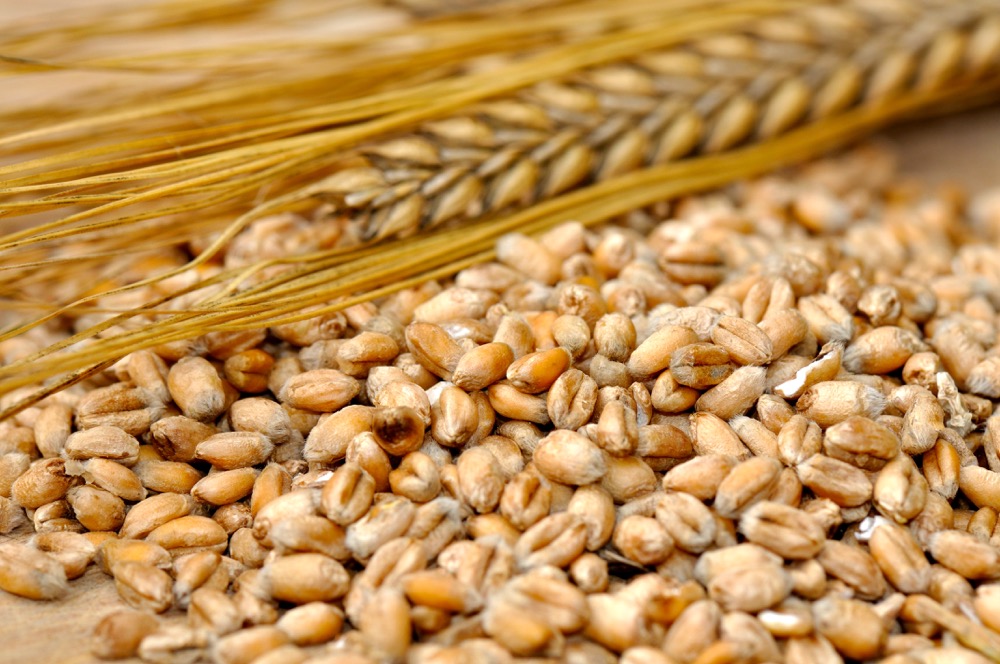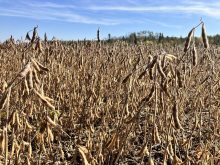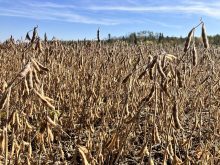CNS Canada –– While Canada’s pork industry tries to prevent the spread of the porcine epidemic diarrhea virus (PEDv) after its recent arrival in Ontario, the discovery hasn’t led to any major near-term changes at slaughterhouses, yet.
“I don’t think anything is going to happen in the short-term, meaning that pigs go to the same slaughterhouses and all that sort of thing,” said Brad Marceniuk, a provincial livestock economist in Saskatoon.
“The virus itself is not harmful to humans and it’s not harmful to the meat. It’s not a health issue at all. It’s just more of the piglets are getting sick and dying.”
Read Also

Feed grain weekly: Barley steady in late February
Feed grain bids in Western Canada were holding steady in late February, lacking any fresh market moving news.
As of last week, the virus had been confirmed in hogs on five farms in southwestern Ontario — most recently at a wean-to-finish operation in the Simcoe area on Friday (Jan. 31).
Off-farm sampling in Ontario also detected the virus at an assembly yard, trucking yard and, as of last Wednesday (Jan. 29), a pork packing plant. A hog slaughter plant north of Montreal had also previously detected the virus on an unloading dock. None of those findings were in animals.
While not immune to the virus, older pigs have much lower death rates than young piglets, with many just seeing delayed growth.
“What it tends to do with older pigs is slow their growth down,” Marceniuk said. “So, it may take an extra week for them to go to market.”
PEDv has had a major effect on upcoming futures contracts, he said, noting spring and summer contracts are seeing higher prices in anticipation of lower slaughter numbers.
“There’s an expectation that slaughter numbers will be reduced in March and April because of PEDv, so I think some of the futures prices may be a little stronger because of that,” he said.
“Today’s price is probably not reflected in it so much, because current slaughter numbers were slightly higher than last year.”
The cash market has also been very good for baby pigs.
“The U.S. market for baby pigs is very strong right now. Some guys in the U.S. who just finish pigs are having trouble finding small pigs, because a lot of them are dying,” Marceniuk said.
“If you look at last week’s price, a 40-pound pig was worth US$101 and a 12-lb. pig in the U.S. was worth about US$83 on the cash market. In the short term, baby pig prices are basically at record levels.”
There is no official number for the amount of pigs that have died from PEDv in the U.S., but some economists believe it could be as high as four million.
— Brandon Logan writes for Commodity News Service Canada, a Winnipeg company specializing in grain and commodity market reporting. Includes files from AGCanada.com Network staff.














